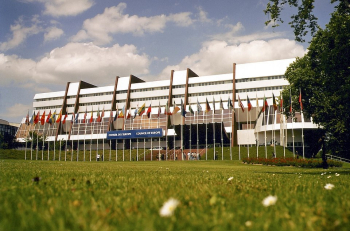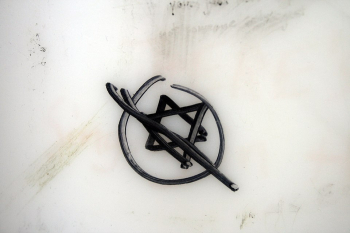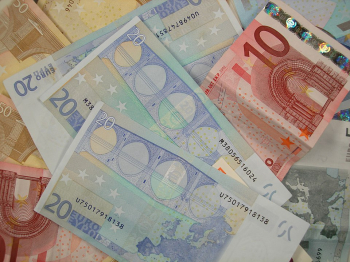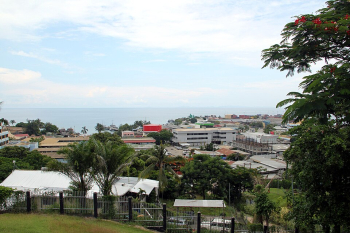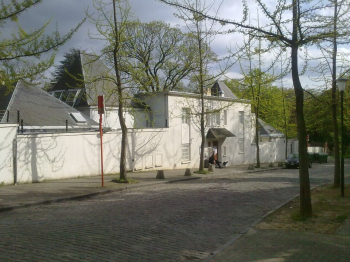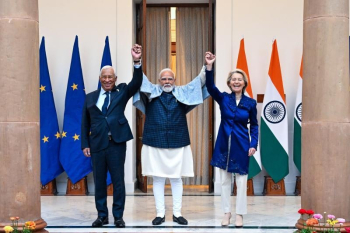
The European Commission has welcomed the Council's decision to suspend several restrictive measures on Syria, aiming to facilitate economic engagement in key sectors such
as energy and transport. The move is intended to support the Syrian people and businesses by easing financial and banking transactions related to these industries, as well as those needed for humanitarian aid and reconstruction efforts.
In a significant step, the Council has also indefinitely extended the humanitarian exemption, ensuring the continued delivery of aid to Syria. This decision aligns with the EU's broader commitment to fostering an inclusive political transition, economic recovery, and long-term stability in the country. The EU has taken a phased and reversible approach to lifting restrictions, reflecting its ongoing commitment to peace and reconstruction in Syria.
However, some sanctions remain in place. The EU continues to enforce measures against individuals and entities linked to the Assad regime, the chemical weapons industry, and the illicit drug trade. Additionally, restrictions on arms trade, surveillance software, equipment for internal repression, and the import or export of Syrian cultural heritage artifacts will still apply.
Following this latest decision, the EU will assess the possibility of further easing economic sanctions. The European Commission and the European External Action Service (EEAS) will closely monitor developments in Syria to determine whether the current suspensions remain appropriate.
Since 2011, the EU has stood by the Syrian people, mobilizing €35.3 billion in aid and remaining the largest provider of international support to Syrians both within the country and in neighboring nations. As Syria enters a crucial period of transition, the EU reaffirms its commitment to a Syrian-led and Syrian-owned political process that reflects the legitimate aspirations of its people. It emphasizes that all Syrians, both inside the country and in the diaspora, should have a role in rebuilding their homeland.
To further its support, the EU will host its ninth International Conference on Syria in Brussels. This ministerial-level event will bring together the international community to back Syria’s transition and provide much-needed humanitarian assistance. For the first time, Syrian interim authorities have been invited, along with the United Nations, Syria’s neighboring countries, and other regional partners.
The EU remains dedicated to helping Syria achieve peace, stability, and economic recovery, ensuring that its people have the opportunity to shape their future.
Kaja Kallas, High Representative for Foreign Affairs and Security Policy/Vice-President of the European Commission said:
“There is hope in Syria today to rebuild an inclusive country that reflects Syria in all its diversity. The EU is helping the Syrian people do this today by suspending a number of sanctions on energy, transport and banking and extending the humanitarian exemption indefinitely so humanitarian aid can get into the country. Together with our continued financial support – the EU and Member States are the largest provider of international aid to Syria – these decisions will support Syria’s economic recovery and help meet the Syrian people’s needs. Following up on today's decision, the EU will assess whether further economic sanctions could be suspended. We will continue to follow developments closely to see not only whether we can lift more economic sanctions but also if we need to reverse our sanctions decisions should the political situation deteriorate”.

